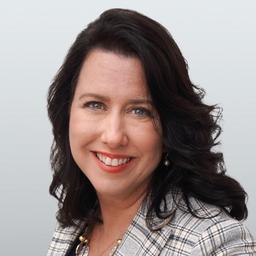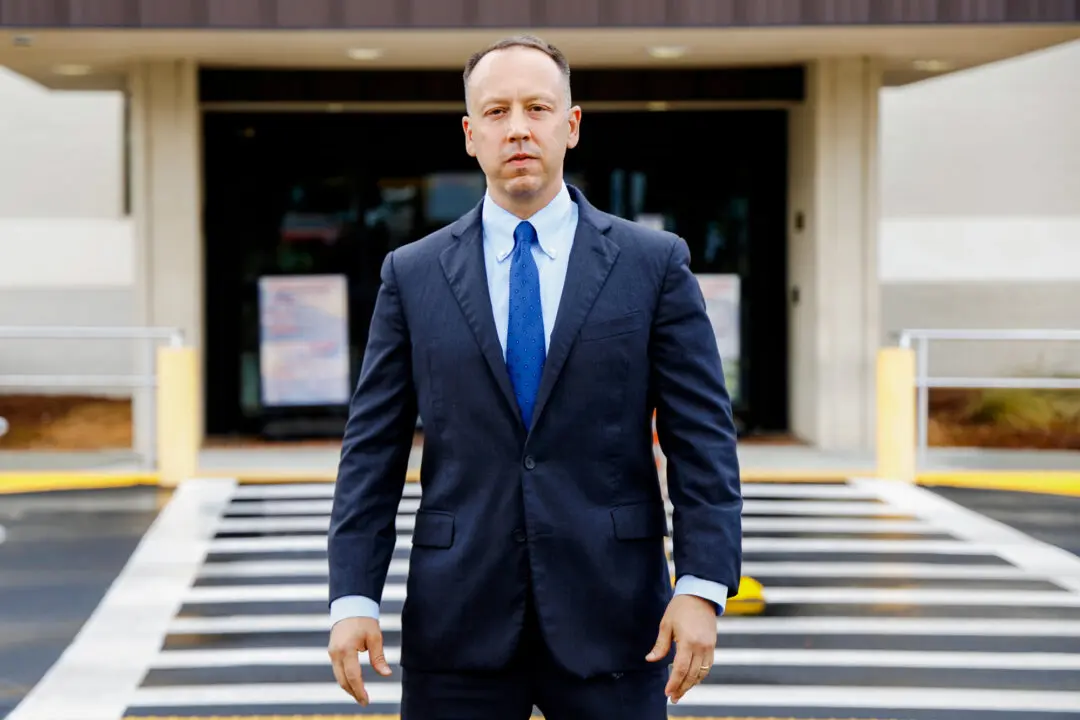Floridians worried about discrimination against people not vaccinated for COVID-19 say they’ve collected more than 1,000 affidavits describing activity they believe to be unlawful in their state.
A coalition of groups plans to collect more affidavits through an online portal. They intend to drop off boxes of these complaints at the offices of Florida lawmakers.





